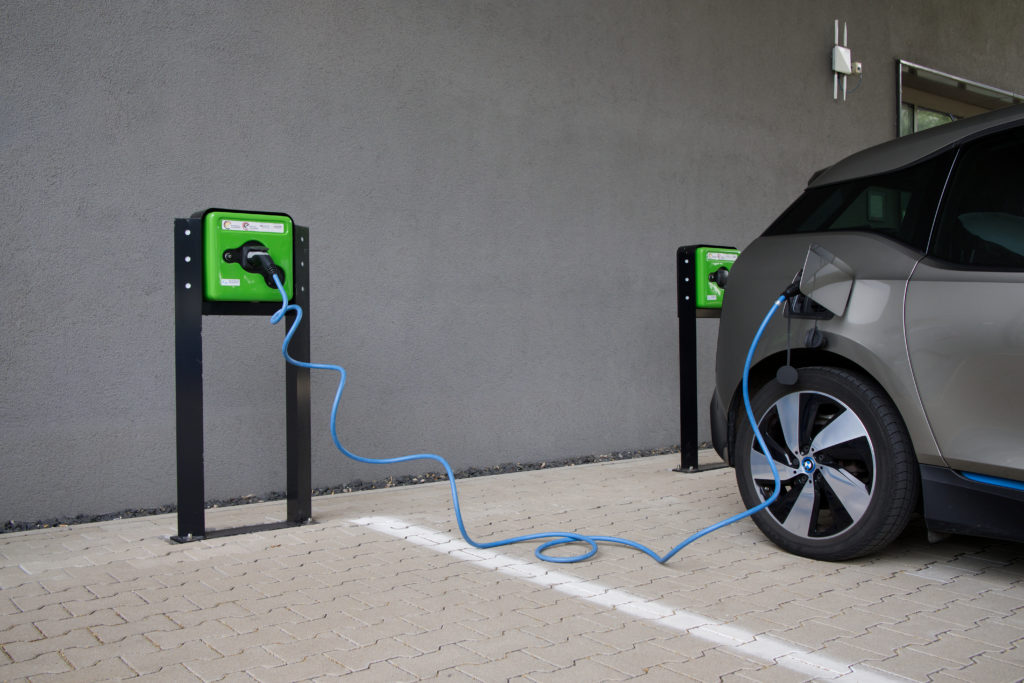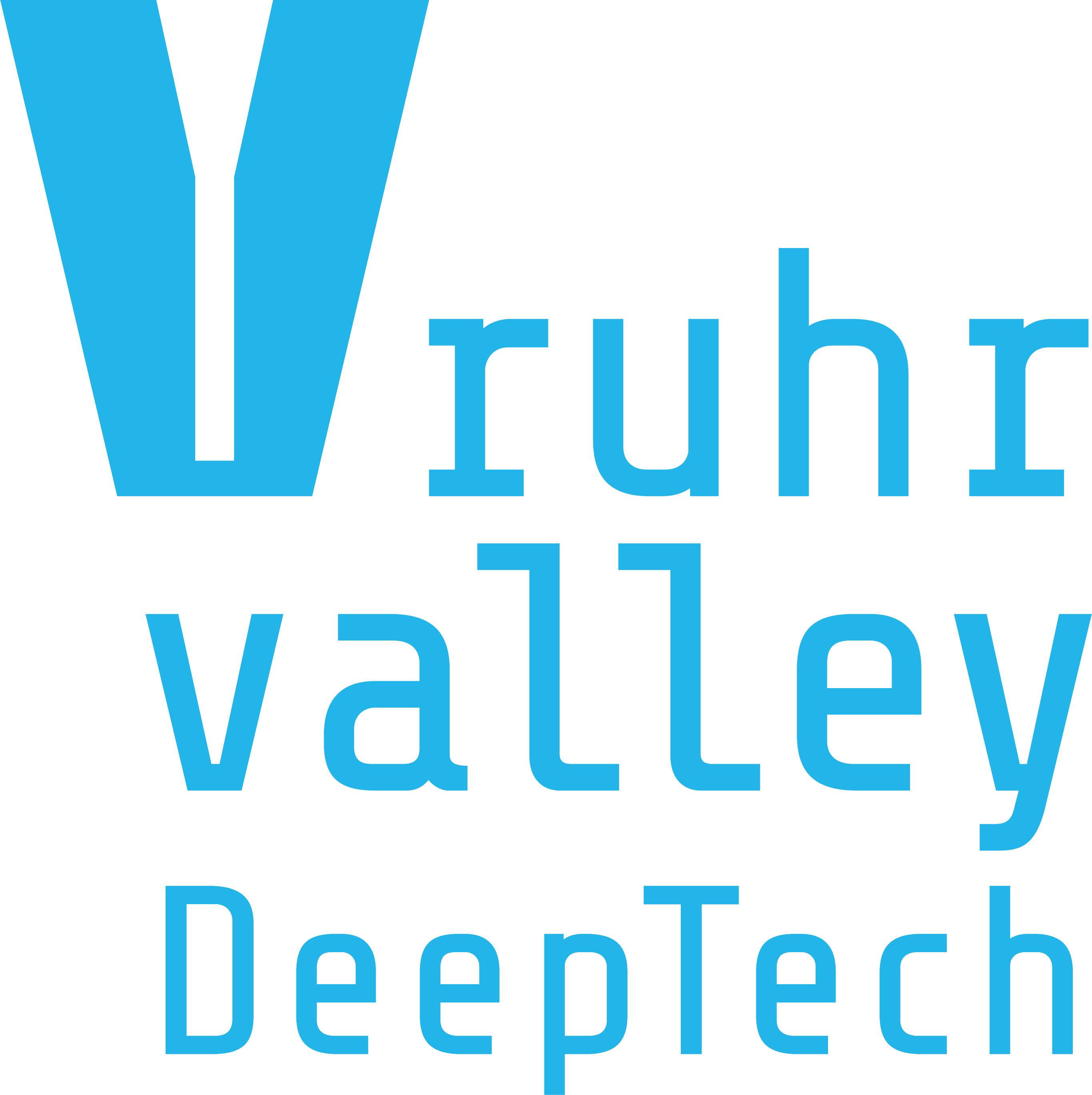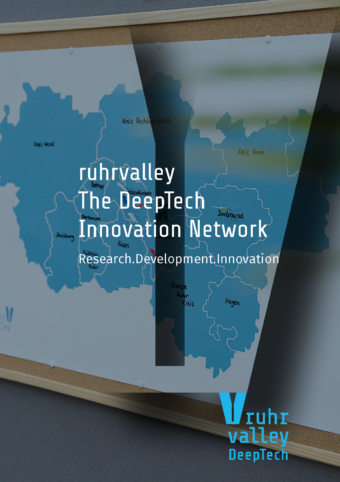
Project
EMEL
Energy management in metropolitan eMobility Charging Infrastructure
The dilemma around electromobility is well known: the use of electric vehicles will only increase when the necessary charging infrastructure is available. EMEL’s objective is to develop and demonstrate market-viable system solutions for charging vehicles in the Ruhr region.
Starting Point
The dilemma around electromobility is well known: the use of electric vehicles will only increase when the necessary charging infrastructure is available. In this regard, the focus currently lies on the IT-integration between the charging point and the charging infrastructure with sustainable energy systems such as the smart grid, the smart home, and the smart factory. In future, small energy producers will want to use their electricity, derived from volatile renewable energy sources, for themselves, for mobility purposes or to offer it on the market. At the same time, big energy producers want to establish solutions for grid stability. This requires structural changes that must technically addressed.
Our Solution
EMEL’s objective is to develop and demonstrate market-viable system solutions for charging vehicles in the Ruhr region. The overall structure of the Ruhr region is characterised by great diversity: there are more than a dozen local electricity producers and grid areas, which has consequences on the efficiency of the energy systems. At the same time, parallel, disconnected structures can be found in energy systems and charging infrastructures. The transformation of the hierarchically structured energy system with centralised energy production based on a small number of big, fossil-fuel-burning power plants into a decentralised system requires horizontal integration across regional borders. A system like this can integrate many small and medium energy producers as well as consumers, such as electric vehicles. The project team is creating a system solution for the connection of charging points to main energy management systems and will implement it as a prototype in field tests.
Funding-ID
Westphalian University of Applied Sciences: 13FH0I32IA
Bochum University of Applied Sciences: 13FH0I31IA
Dortmund University of Applied Sciences and Arts: 13FH0I33IA
Supported by the Federal Ministry for Education and Research
Project Duration
2019 – 2022
More about the topic
related Projects
related Events

22.05.2024
22.05. – 23.05.2024
ruhrvalley at polisMOBILITY 2024
Sustainable Mobility in Focus
From May 22nd to May 23rd, 2024, the DeepTech Innovation Network Ruhr Valley will be participating at polisMOBILITY. Visit our booth to learn more about sustainable mobility concepts and get to know our network better.
At polisMOBILITY, stakeholders from politics and administration, private sector, and research come together to discuss challenges and solutions for a sustainable and livable city of tomorrow. Topics include:
- Municipal mobility transition
- Public transportation and mobility services
- Last-mile logistics
- Vehicles and propulsion technologies
- Urban sector coupling
- Digitalization











